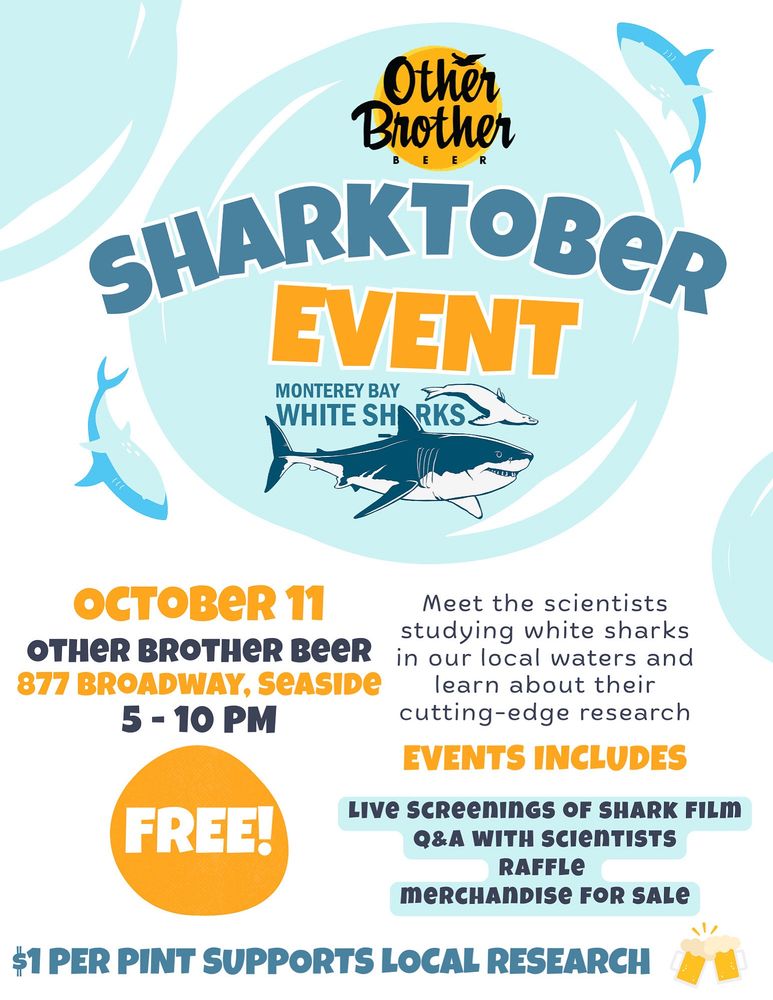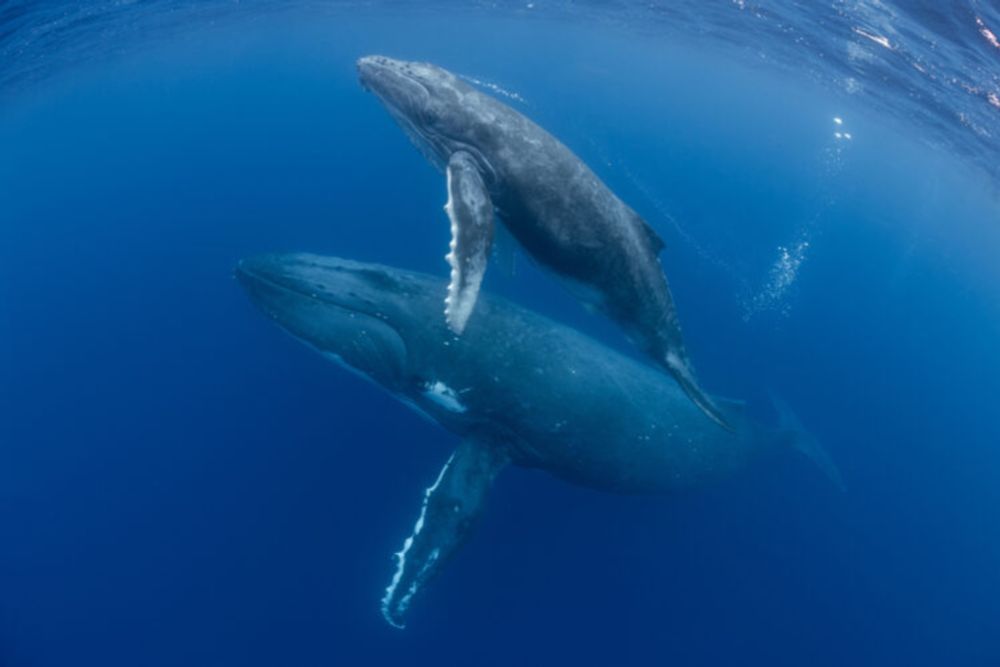




Copepods like the one in this video can be found in massive numbers across the world ocean. They play an important role in ocean food webs as predators—they eat even smaller diatoms and phytoplankton—and prey for animals like jellies, fish, and filter feeders.
Copepods like the one in this video can be found in massive numbers across the world ocean. They play an important role in ocean food webs as predators—they eat even smaller diatoms and phytoplankton—and prey for animals like jellies, fish, and filter feeders.



Yesterday, all members of J, K, & L pod were together inland Puget Sound making for a true superpod!
Today, orcas present in Central Puget Sound, behaving like residents, so looks like at least some stayed over. ♥️
📸 SRKW breaches off Point Robinson on Nov 2. By Kas Alexis.
#psws

Yesterday, all members of J, K, & L pod were together inland Puget Sound making for a true superpod!
Today, orcas present in Central Puget Sound, behaving like residents, so looks like at least some stayed over. ♥️
📸 SRKW breaches off Point Robinson on Nov 2. By Kas Alexis.
#psws













https://bit.ly/4nHDISw



https://bit.ly/4nHDISw

New research by UW QERM student Zoe Rand, @trevorabranch.bsky.social & Sarah Converse.
www.washington.edu/news/2025/09...

New research by UW QERM student Zoe Rand, @trevorabranch.bsky.social & Sarah Converse.
www.washington.edu/news/2025/09...
onlinelibrary.wiley.com/doi/10.1111/...
🧪🌎🦑🦈🐠

More: www.washington.edu/news/2025/09...
More: www.washington.edu/news/2025/09...




environment.uw.edu/news/2025/08...







